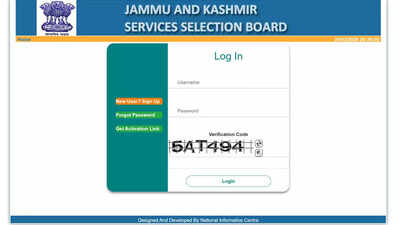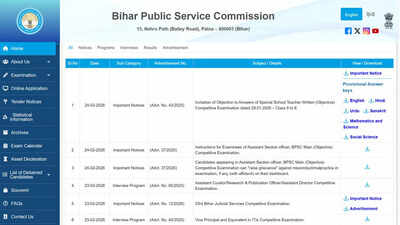Is MBA degree worth it in 2025?

It begins in a glass-walled boardroom where mid-career professionals whisper the same question in different accents: Is the MBA still worth it? Outside, the labour market hums with volatility, automation redraws job maps overnight, and career ladders turn into unpredictable zigzags. Inside, the dilemma grows heavier, an MBA promises elevation, yet demands sacrifice. It offers reinvention, yet carries risk. The once-uncontested golden ticket now sits under a harsher, more skeptical light.Across India’s offices, co-working hubs, and late-night LinkedIn scrolls, this debate has returned with new ferocity. The question is no longer whether the MBA is prestigious; its legacy is unquestioned, but whether its value aligns with the realities of 2025. Rising costs, shifting skill demands, and an economy still recovering from global tremors have transformed the degree from a default step to a strategic gamble. The calculus has changed; the stakes have not.
The new MBA reality : A degree negotiating its relevance
The MBA’s power now lies less in the credential itself and more in what it unlocks: Strategic thinking, leadership depth, cross-functional fluency, and the professional networks that often matter more than modules. It is a context-dependent choice, where timing, background, and clarity of purpose determine the payoff.Companies today value decisiveness under uncertainty, digital intelligence, and the ability to lead in ambiguous environments. These are strengths business schools claim to cultivate, but the opportunity cost of stepping out of a career pipeline, even temporarily, has grown steeper. The old promise of an automatic leap in salary or status is no longer guaranteed. The returns are real for some, conditional for many, and elusive for others.
Who truly benefits? The differentiated advantage
These are some of the categories that can help you in drawing returns from MBA:
- Young professionals in technical roles aiming to transition into product, strategy or management positions.
- Mid-career specialists in sectors like healthcare or pharma seeking leadership-ready profiles.
- Aspiring or early-stage entrepreneurs who benefit from structured exposure, networks and strategic discipline.
For others, especially those in hyper-technical or fast-evolving digital roles, the degree may not offer the same propulsion. In such sectors, skill velocity outpaces curriculum velocity, making hands-on expertise more valuable than academic frameworks.
Here is what professionals must do to utilise the time wisely
Professionals must not start being a member of the flock chasing a goal. Here’s what they need to do to succeed in their careers:Clarify your purpose instead of following the crowdIf your goal is leadership acceleration or a strategic pivot, the MBA aligns naturally. If not, it may distract more than it delivers.Quantify the opportunity costConsider lost income, delayed promotions, and the momentum you might sacrifice. Weigh this against long-term gains.Choose with precision, not prestigeLook for programmes whose curricula reflect future-facing skill demands, not legacy design.Build the skills that complement, not replace, the MBADigital fluency, data literacy, design thinking, and strategic communication are non-negotiable in 2025.Treat the degree as a transformation period, not a transactional pauseUse the time to build networks, broaden your perspective, and sharpen your leadership instincts.






